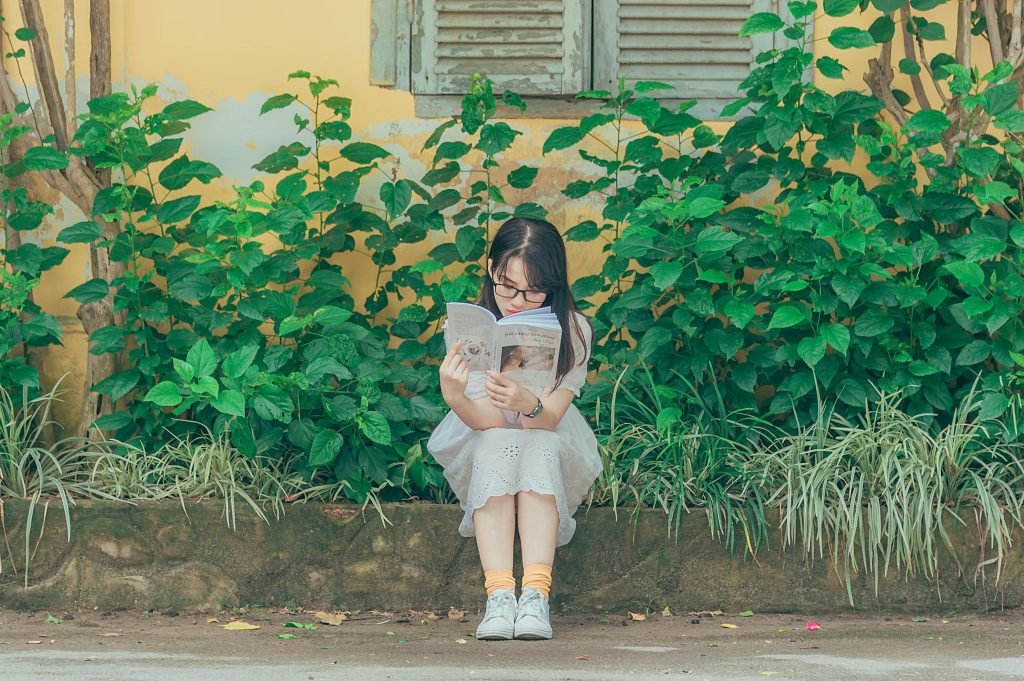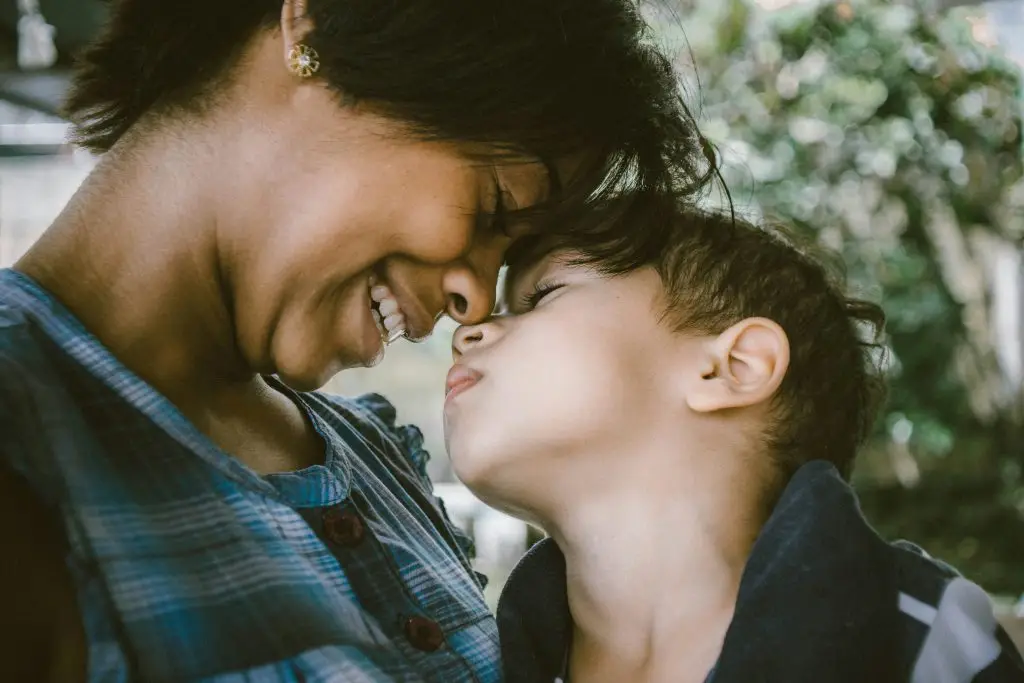Montessori vs Traditional Education: Which is Right for Your Child?
When it comes to education, parents often find themselves at a crossroads, deliberating between Montessori and traditional schooling. Each approach offers unique benefits and caters to different learning styles. Understanding the differences bwtween the two methods is crucial in making an informed decision for your child’s future.

What is Montessori Education?
Montessori education, developed by Dr. Maria Montessori, is centered on the belief that children learn best through hands-on experiences and self-directed exploration. It emphasizes independence, freedom within limits, and respect for each child’s natural development.
Main Principles
At the core of Montessori education are several guiding principles, including mixed-age classrooms, uninterrupted work periods, and a focus on the holistic development of each child. These principles create an environment conducive to self-discovery and lifelong learning.
Benefits of Montessori Education
Montessori education fosters a love for learning by allowing children to follow their interests and learn at their own pace. Research suggests that Montessori graduates often exhibit strong academic skills, creativity, and problem-solving abilities.
Traditional Education vs Montessori
Comparison
While traditional education follows a structured curriculum with teacher-led instruction, Montessori education encourages independent exploration and discovery. The primary difference lies in the approach to learning and the role of the teacher in facilitating that process.
Curriculum Differences
Traditional pedagogy typically follows a standardized curriculum, whereas Montessori schools adapt the curriculum to meet the needs and interests of individual students. This flexibility allows children to delve deeper into subjects they are passionate about while still covering essential academic content.
Teaching Methods
In traditional classrooms, teachers play a more directive role, imparting knowledge to students through lectures and demonstrations. In contrast, Montessori teachers serve as guides, observing and supporting children as they engage in self-directed activities and collaborative projects.
Classroom Environment
Traditional classrooms are often characterized by rows of desks facing the teacher, while Montessori classrooms feature open spaces with child-sized furniture and materials arranged on low shelves for easy access. This setup promotes movement and exploration, facilitating active learning.
Individualized Learning
One of the hallmarks of Montessori schooling is its focus on individualized instruction. Students are encouraged to work at their own pace and pursue areas of interest, fostering a sense of autonomy and intrinsic motivation.

Is Montessori Education Right for Your Child?
Factors to Consider
When deciding between Montessori and traditional education, several factors merit consideration. These include your child’s learning style, social development, academic goals, and your family’s values and priorities.
Suitability for Different Learning Styles
Montessori education caters well to kinesthetic and visual learners who thrive in hands-on environments. However, it may not be the best fit for auditory learners who prefer structured lessons and direct instruction.
Social Development
While Montessori education promotes social interaction and collaboration, some parents worry that it may not adequately prepare children for the social dynamics of traditional school settings. However, research suggests that Montessori graduates exhibit strong social skills and adaptability.
Academic Achievement
While both Montessori and traditional education can lead to academic success, the emphasis on self-directed learning in Montessori schools may better prepare students for higher-level thinking and problem-solving skills.
Parental Involvement
Montessori philosophy often encourages parental involvement in the learning process, with opportunities for observation, volunteerism, and home extensions of classroom activities. This level of engagement can strengthen the parent-child bond and support academic progress.
Addressing Common Concerns
Misconceptions
One common misconception about Montessori education is that it lacks structure or academic rigor. In reality, Montessori schools adhere to a carefully designed curriculum that meets state standards while allowing for individualized instruction.
Transitioning Between Educational Systems
If transitioning from traditional to Montessori education or vice versa, it’s essential to consider the potential challenges and adjustments for your child. Open communication with teachers and a supportive home environment can ease the transition process.

FAQs
Is Montessori education only for preschoolers?
No, it is not limited to preschoolers; it spans from infancy through adolescence, with programs tailored to each developmental stage.
Are Montessori schools expensive?
While tuition costs vary by location and school, Montessori education can be comparable to or slightly higher than traditional private schools due to smaller class sizes and specialized materials.
Can children transition from Montessori to traditional school?
Yes, but it may require an adjustment period as they acclimate to different teaching methods and classroom environments.
Will my child miss out on socialization in Montessori?
Montessori education emphasizes social interaction and collaboration, providing ample opportunities for children to develop social skills and build relationships with peers.
Do Montessori schools follow a structured curriculum?
While Montessori schools have a structured curriculum, it allows for flexibility and individualization to meet the needs and interests of each child.
How can I support Montessori principles at home?
You can support Montessori principles at home by creating a prepared environment with age-appropriate materials, fostering independence, and encouraging self-directed exploration.
Conclusion
In the debate between Montessori and traditional education, there is no one-size-fits-all answer. The right choice depends on your child’s unique needs, learning style, and your family’s values. By understanding the principles, benefits, and considerations of each approach, you can make an informed decision that sets your child up for success.


